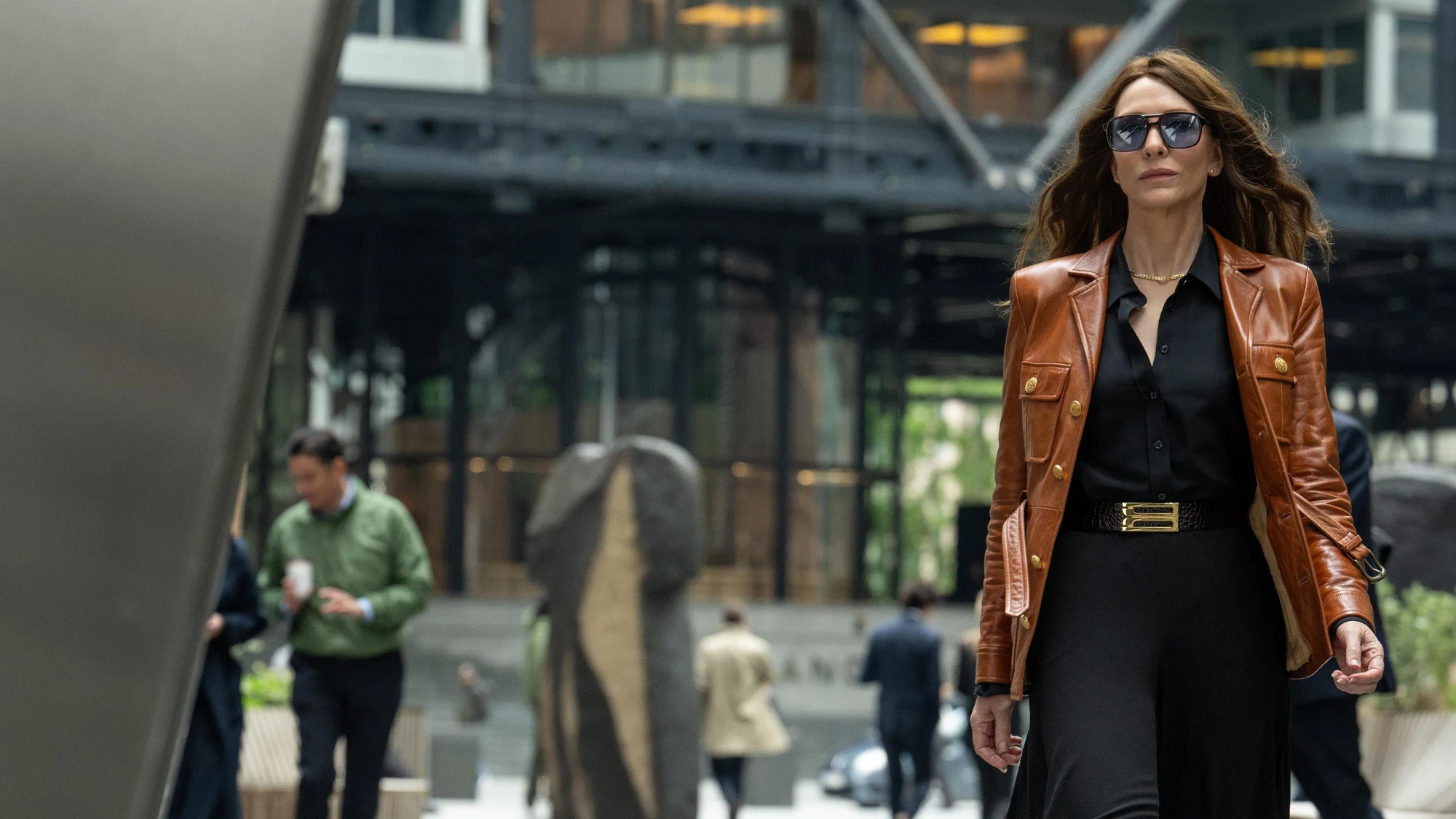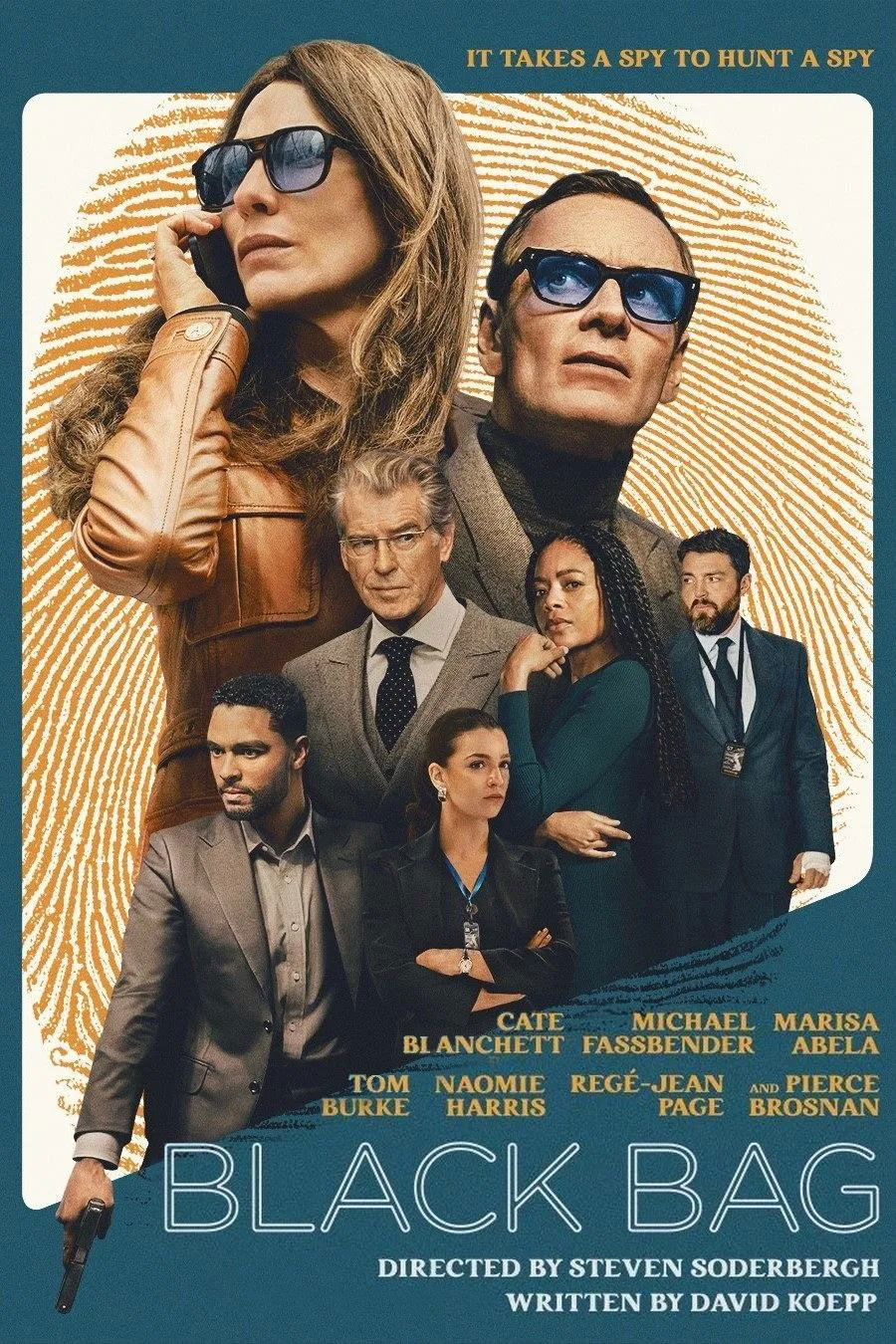Nothing prepared me for when one of the year's best-reviewed films fell flat on its face.
Steven Soderbergh's Black Bag had everything: critical acclaim, two A-list stars (Cate Blanchett and Michael Fassbender), a mid-budget sweet spot, and the kind of geopolitical drama that used to own Oscar season. And yet, it barely scraped $21 million at the box office before being quietly ushered to VOD. That thud you just heard? That was adult-oriented cinema being pushed even closer to extinction.
“This is the type of film I built my career on,” Soderbergh told The Independent. “If star-driven, moderately budgeted movies can't bring in audiences over 25 anymore, that signals a serious problem.”
No kidding.

The numbers are brutal. And so is the message.
Compare this: Sinners, Ryan Coogler's genre-blending epic, opens to a healthy $40 million. Black Bag, despite glowing reviews and award whispers, stumbles with nearly half that. Same critical tier. Same studio backing. Vastly different results. Why?
It's not just about marketing or release timing. It's about the slow erosion of the space these films once dominated. The “middle class” of cinema—movies that cost $20–70M and weren't part of a franchise or filled with jump scares—has been dying a quiet death. Black Bag just handed us the autopsy report.
A shrinking middle—and the ghost of ‘Traffic'
Remember 2000? Soderbergh dropped Erin Brockovich and Traffic back-to-back, snagged six Oscar wins between them, and redefined prestige filmmaking for a post-'90s crowd. But here's the kicker: Soderbergh himself admits neither film would get made today unless you had “someone like Timothée Chalamet” on board. And even then? Good luck getting $60 million.
Hollywood's new algorithmic logic is simple: Either cost $200 million and come with capes—or cost $5 million and be horror.
Everything else? Shrug emoji.
A recent UCLA Hollywood Diversity Report supports this trend, showing a steep decline in mid-budget studio features, especially those targeting older demographics. They're not just underperforming—they're disappearing.
This isn't a flop. It's a fault line.
Soderbergh's frustration is about more than ticket sales. It's about a vanishing mode of storytelling. One where stakes weren't saving the world, but saving a marriage. Or a moral compass. Or your soul.
And yet, Black Bag didn't hit because it didn't bang. It simmered. It whispered. It asked you to lean in. In today's landscape, that's a risk most audiences—and studios—just won't take.
Would you risk making a movie like Black Bag today?
Soderbergh did. And it might cost him. But the real cost? A generation of filmmakers watching the door slam shut on the kinds of stories that inspired them in the first place.
Let's be real—Black Bag may break even. But if this trend holds, the next Michael Clayton or Tinker Tailor Soldier Spy won't get made at all.
Your move, Hollywood.











